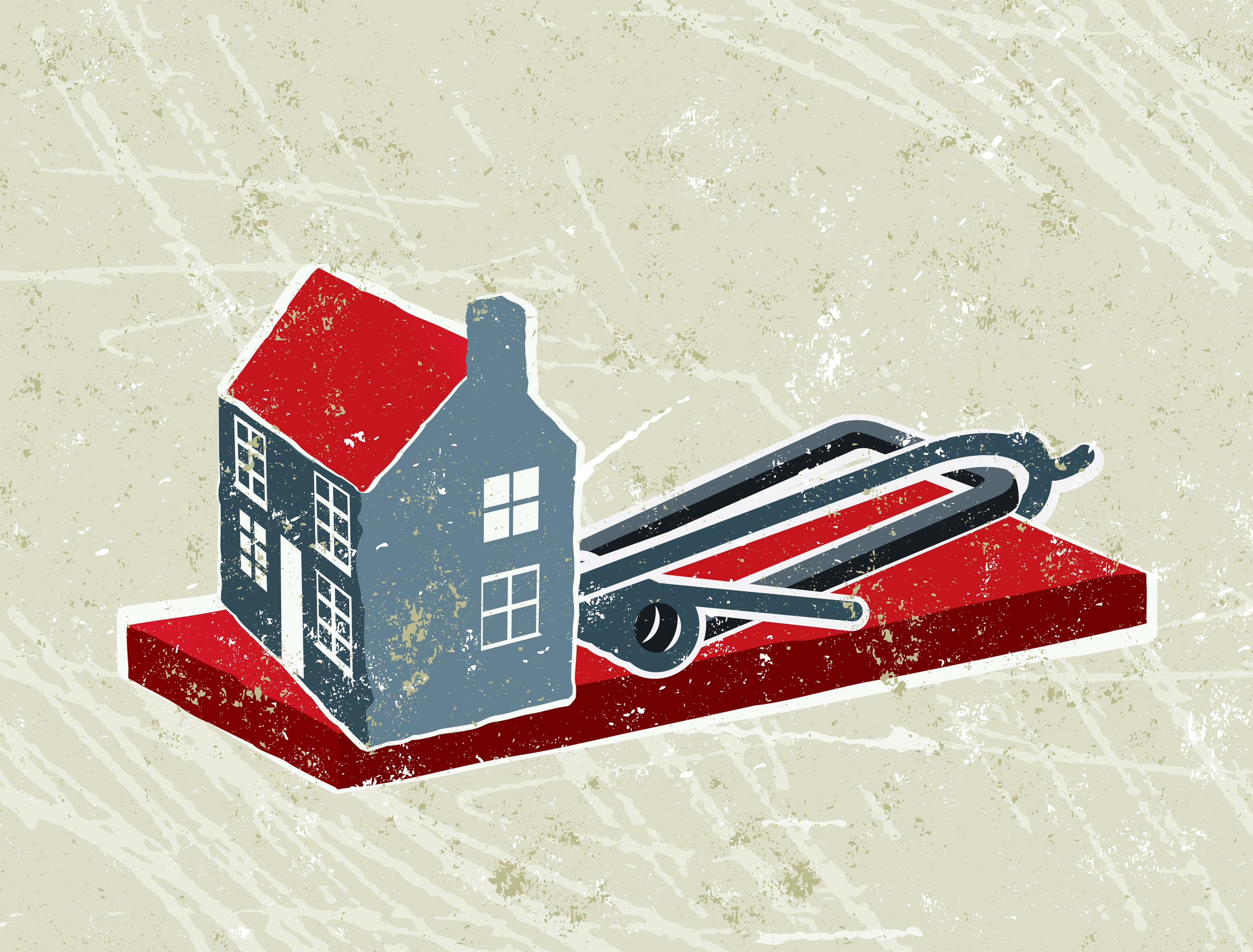
During the U.S. subprime crisis, many homeowners struggled with their mortgage repayments and foreclosures became rampant. Banks and mortgage servicers are often criticised for taking a tough stance in foreclosing mortgages. One determining factor in whether a mortgage was foreclosed or renegotiated during the crisis was if that mortgage was privately securitised by investment banks. The U.S. government provided monetary subsidies to mortgage servicers to encourage them to renegotiate delinquent mortgages instead of foreclosing. On the surface, this is good for homeowners.
But in our paper, “Servicing Securitisation Through Excessive Foreclosure”, Jing Zeng and I find that trying to limit foreclosures makes it more difficult for banks to securitise these mortgages in the first place, which in turn, makes it more difficult for them to lend to more prospective homeowners. In other words, foreclosures, even if they create losses for homeowners and investors, are playing a positive role in facilitating securitisation.
Why securitisation matters but is risky
Mortgages are illiquid assets that are paid off over many years. Traditionally, banks have to hold the mortgages on their balance sheets until full repayment. Securitisation, a process in which securities backed by the cash flow from mortgages are sold to investors, allows banks to raise fresh capital to lend to more prospective borrowers. That is, securitisation supports liquefying of assets and thus, lending and investing.
Similar to the problem of lemons in the used car market, investing in mortgage-backed securities (MBS) is risky because banks know more about the true quality of mortgage pools than investors do. Banks therefore have to find ways to reassure buyers that they are buying into securities backed by strong mortgages and that if homeowners do default, they will be able to recoup part of their investments. In our model, we found that when banks pre-commit to a tough foreclosure stance they send a signal of confidence to outside investors that the bank has a pool of high-quality, low-risk mortgages.
To foreclose or not to foreclose
When a homeowner defaults on a mortgage, the banks typically have two options: to modify the terms of the mortgage in order to keep it alive or to foreclose it and reclaim the property for sale. Modification entails risks that the homeowner might re-default if the economy continues to deteriorate whereas foreclosure is a quick but costly way to recoup cash. Our analysis finds that providing safe cash flow in bad times is particularly valuable to MBS investors, precisely because they were unsure about the quality of the mortgage pools in the first place. By committing to excessive foreclosure policies, banks reassure MBS investors and can attract more capital from them.
A loss for the whole economy
Our paper sounds a cautionary note to policies like HAMP (Home Affordable Modification Program), instituted by the U.S. government at the height of this foreclosure crisis. HAMP provides explicit financial incentives to mortgage service companies for every successfully modified delinquent mortgage. This policy was designed to avoid the cost of the inefficiency of excessive foreclosure, but what we show is that if the government prevents excessive foreclosure, the bank’s securitisation process is hindered.
Government policies that try to limit foreclosures can also, we found, reduce incentives for banks to screen mortgages diligently, leading to low-quality mortgages inclusion in MBS. This increases risks for investors and makes securitisation more difficult.
Securitising for the future
Securitisation is an important part of the financial market and crucial to the smooth functioning of bank lending. It is also being touted as a solution to broaden funding bases in Europe, notably for SMEs, currently starved of liquidity to grow.
Policies limiting foreclosure will inadvertently limit the scale that the banks can securitise and hence limit the scale in which banks can lend to the real estate sector. This translates into a loss for homeowners, small businesses and the economy overall.
John C. F. Kuong is an Assistant Professor of Finance at INSEAD.
-
View Comments
-
Leave a Comment





No comments yet.